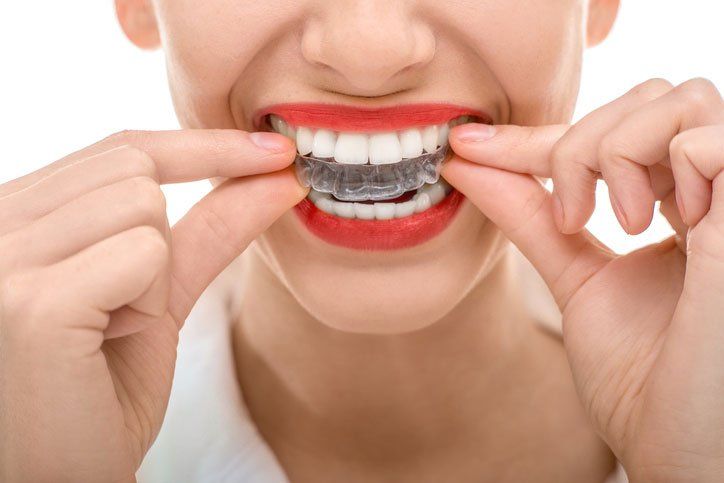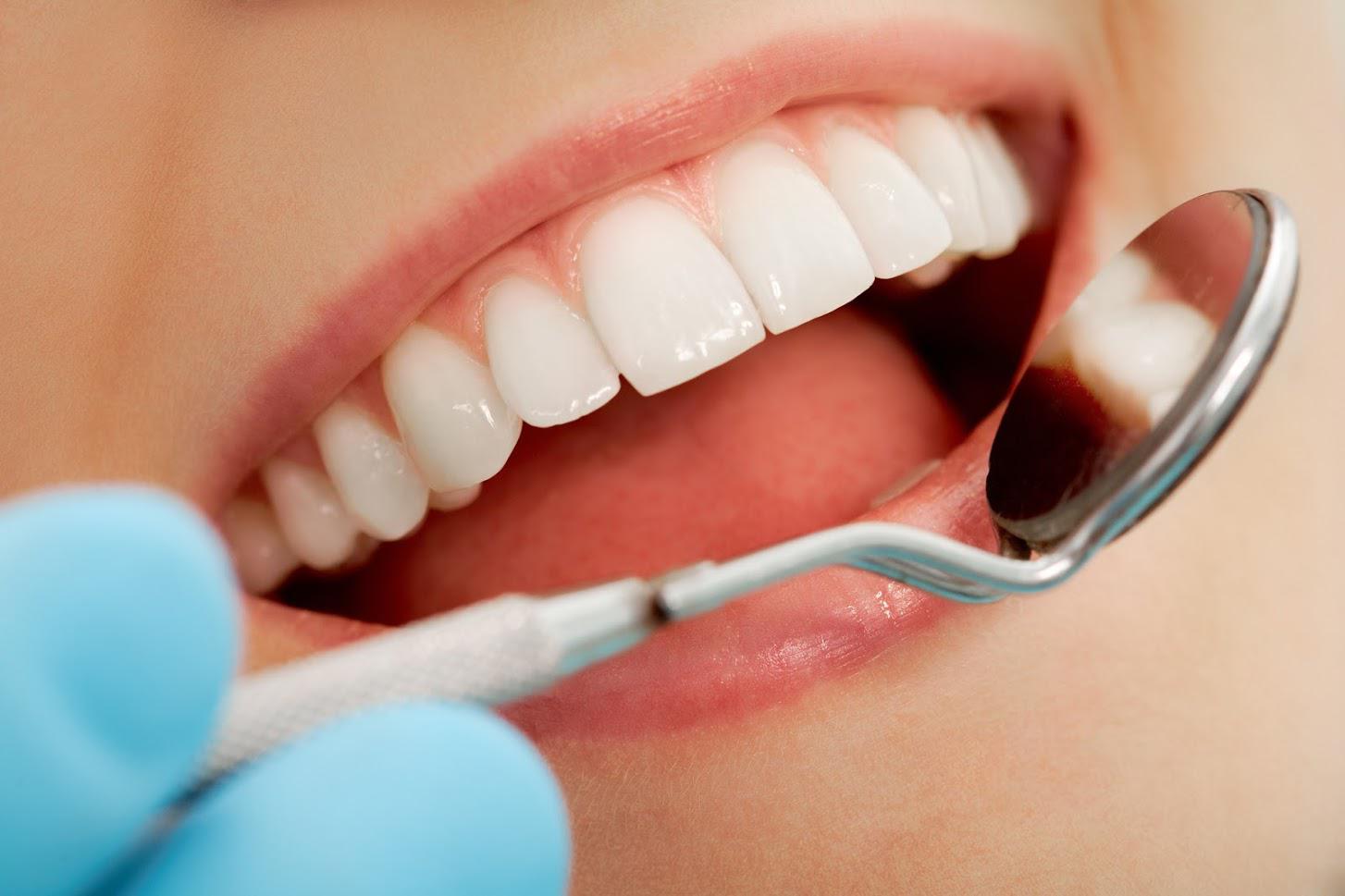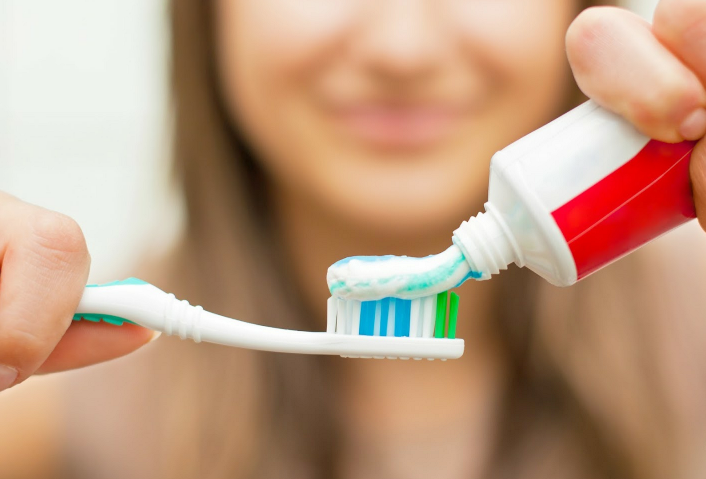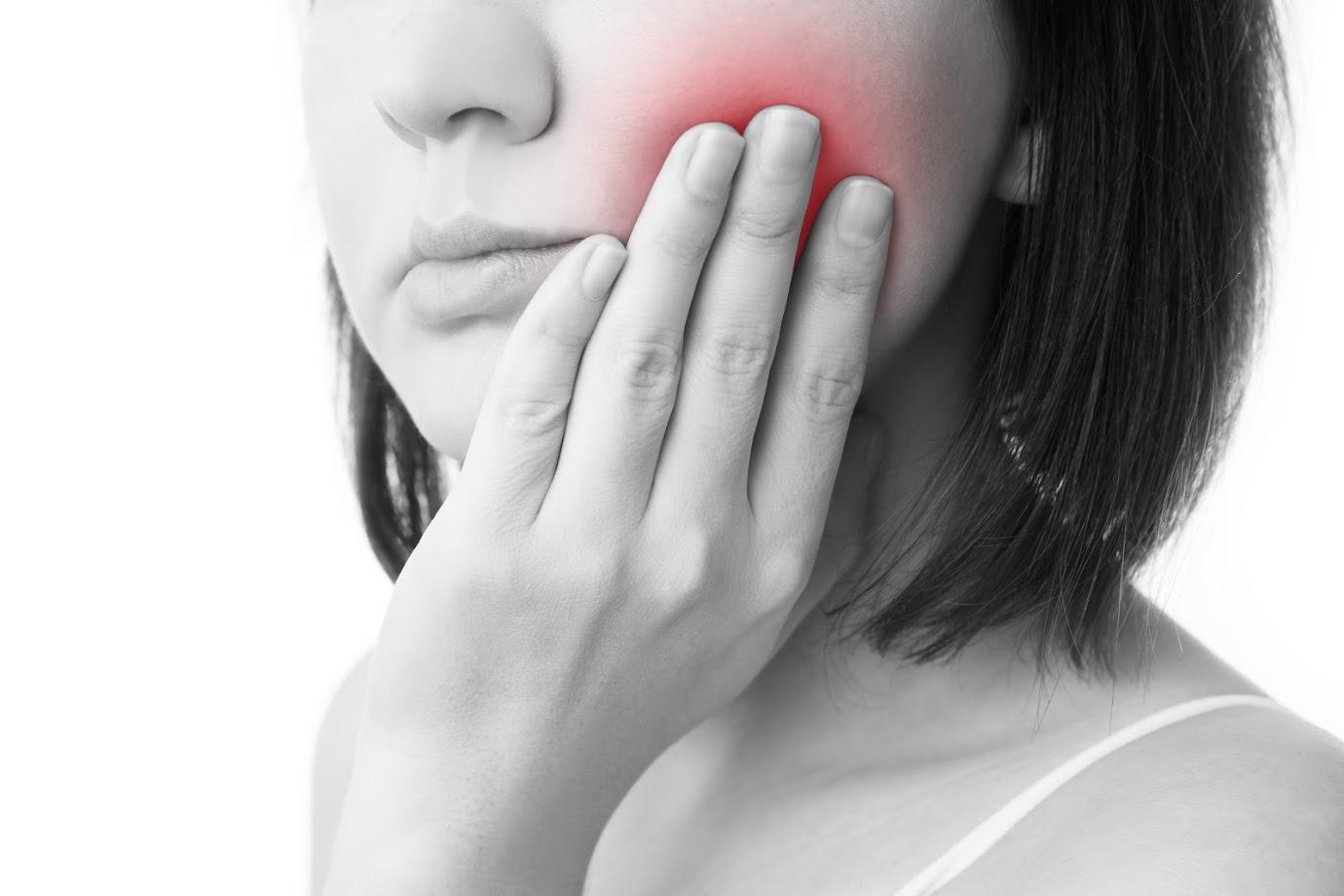5 Dos and Don'ts When Experiencing a Toothache
If you suffer from a toothache, see your dentist as soon as possible. Professional care may help you avoid a more serious problem. However, until you are able to see your dentist, you should be mindful of a few dos and don'ts that may help you feel better. Follow this advice when a toothache strikes.
1. DO Check Your Kitchen Cabinet or Herb Drawer
Did you know some herbs have pain-numbing and antiseptic qualities? Perhaps you have these herbs in your own kitchen cabinet. Here are a few herbs that might provide temporary relief from toothache pain.
Cloves and clove oil are known to have anti-inflammatory properties. Containing a compound called eugenol, cloves may help relieve some of the inflammation of a toothache when applied to the site. Take a few small clove leaves and apply them directly to the tooth in question, as you allow the clove to soften inside your mouth.
Remove the clove from your mouth after a short period of time, which is usually up to 20 minutes. Alternatively, if you have access to clove oil, just apply a few drops to the aching tooth. The anesthetic quality may gently numb the ache.
Turmeric is a spice that contains natural antiseptic and anti-inflammatory properties. Make a paste by adding some water to the turmeric powder. Next, apply this paste to the site of your toothache.
Peppermint is cooling and has a gentle numbing effect. You may apply natural peppermint leaves to your tooth or a few drops of peppermint oil
on the site of your pain.
Chamomile has anti-inflammatory benefits and may help relieve swelling. Steep a chamomile tea bag for a few minutes in bowling water. After the tea has cooled off to room temperature, rinse your mouth with the liquid.
2. DON'T Place an Aspirin Directly on Your Tooth or Gum
You may have heard the old wives' tale of placing an aspirin on your tooth or gum to relieve pain. Aspirin can be caustic to the gums and harm the tissue. A safer alternative would be to simply take a pain reliever orally by swallowing a capsule or tablet with water.
3. DO Try a Soothing, Warm Saltwater Rinse
Swishing some warm saltwater around your mouth helps prevent bacterial growth inside your mouth. Saltwater gargles also have a healing benefit and feel soothing for a toothache. Simply stir in one-half teaspoon of salt to a cup of warm water, and rinse your mouth with the solution. Alternatively, rinse your mouth with a diluted hydrogen peroxide rinse.
4. DON'T Consume Acidic Foods and Beverages
When you have a toothache, you should avoid foods that are naturally acidic, as these may aggravate your tooth pain. For example, avoid tomatoes and oranges. Sports drinks and fizzy sodas may also worsen your toothache pain. Don't consume acidic beverages such as orange juice, grapefruit juice, or tomato juice either when experiencing a toothache.
5. DO Apply a Cold Compress
If you note swelling or simply want to relieve the pain from a toothache, try a cold compress to the side of your face. A cold compress might help reduce swelling and ease the inflammation. You might bundle some crushed ice into a washcloth to be used as a cold compress. Keep the cold cloth on your face for several minutes and repeat this periodically as needed.
Inquire about emergency care at your dental office. See your dentist as soon as possible, especially if you have developed a fever or have difficulty swallowing or eating. If you're looking for a dentist in the Northwest Washington, D.C., area, choose Michael G. Landy DDS.















